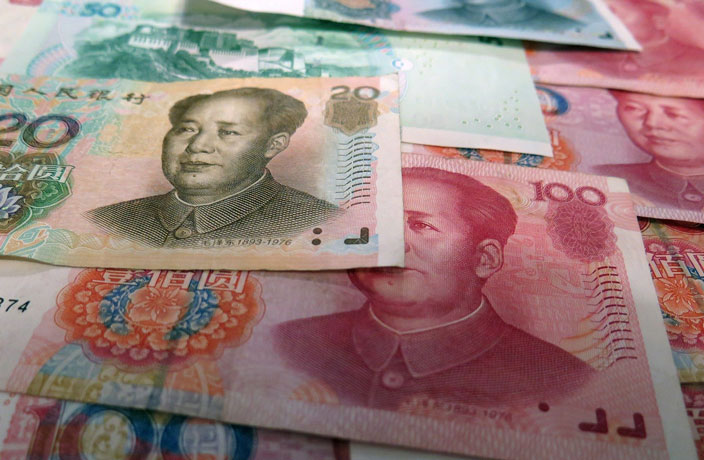Thomas Greb, a Shanghai-based portfolio manager at Olivar & Greb Capital Management, has extensive experience in professional investment and wealth management consulting for individuals and families. When time permits, he shares his insight in this column for That’s to highlight key sectors, market movements, or trade ideas to consider for your portfolio.
After the previous column on the difference between mutual funds and ETFs, we’ve fielded questions on how to actually put your money into these investments from China. So, in this week’s column we will show you how to move your onshore RMB in China into an investment account overseas.
While opening a domestic investment account in China is possible, there are limitations on what you can invest in as a foreign national. Opening an overseas brokerage gives you access to the global markets, and depending on your brokerage, you may have access to the domestic Chinese A-shares market as well. Therefore, we’re going to focus on the process of moving your earned income into an overseas account.
There are two parts to the process:
1. Opening an Overseas Investment Account
2. Sending your RMB overseas
-
Converting your money out of RMB
-
Sending the money overseas
Opening an overseas investment account
Choosing a brokerage while living abroad isn’t easy. In the past year, many brokerages have begun closing accounts once they find out the account holder has a foreign residence. We’ve compiled pros and cons of the top brokerages to help you decide which may be right for you.
| Brokerage | Pros | Cons |
|
Interactive Brokers (www.ibkr.com) |
|
|
|
Charles Schwab (www.schwab.com) |
|
|
|
TD Ameritrade (www.tdameritrade.com) |
|
|
Other notable brokerages were Saxo Bank, Barclays, and Firsttrade. Disclosure: O&G Capital Management uses Charles Schwab and Interactive Brokers to custodian client assets. Through our research we have determined that they cover all the bases needed for expats living abroad. If you have any questions about which account is best for you, please feel free to reach out to us.
Transferring Your Money Out of China
As we know, China has very strict currency controls, and you must be very careful to stay compliant. There are a few different ways to move your money out of China (Cash, Paypal, Western Union to name a few), but when it comes to funding an investment account, we recommend a bank wire. This is the least expensive and fastest option in our experience, especially if you’re dealing with a large sum of money.
The first step is to convert your RMB into the currency of choice. From there you can wire the money into your investment account. Some banks allow sending RMB overseas, in which case you may be able to save on the currency conversion fee with your brokerage.
Full document checklist to bring to the bank:
1. Passport with a valid resident visa and work permit
2. Bank Card
3. Original Employment Contract
4. Monthly tax receipts (depends on the amount of transfer)
5. Salary Certificate/Payroll slips, stamped with your company chop
6. Full wiring details from your brokerage
Once provided to the bank, they will apply on your behalf with SAFE. If everything checks out, your funds will be released for transfer. There will be service charges for the transfer ranging from RMB150-200 (depending on your bank).
In some cases, you may be required to wire the money from the bank your company pays your salary into, and you will most likely have to go to the bank in person. If the wire amount greatly exceeds your salary, additional proof of funds may be required. The documents required from each bank may differ, so we recommend calling your bank beforehand.
For questions about which brokerage fits your situation best, or questions about money transfers please reach out to Thomas at [email protected]. Special thanks to Grace Cai and Julian Mintzis for fact checking on this article.
For more finance and investment articles, click here.
[Cover image via Pixabay]
This is a place for show life about china, If these articles help you life better in china, Welcome to share this website to your friends, Or you can post questions about china life in FAQ, We will help you to find the right answer.






Recent Comments